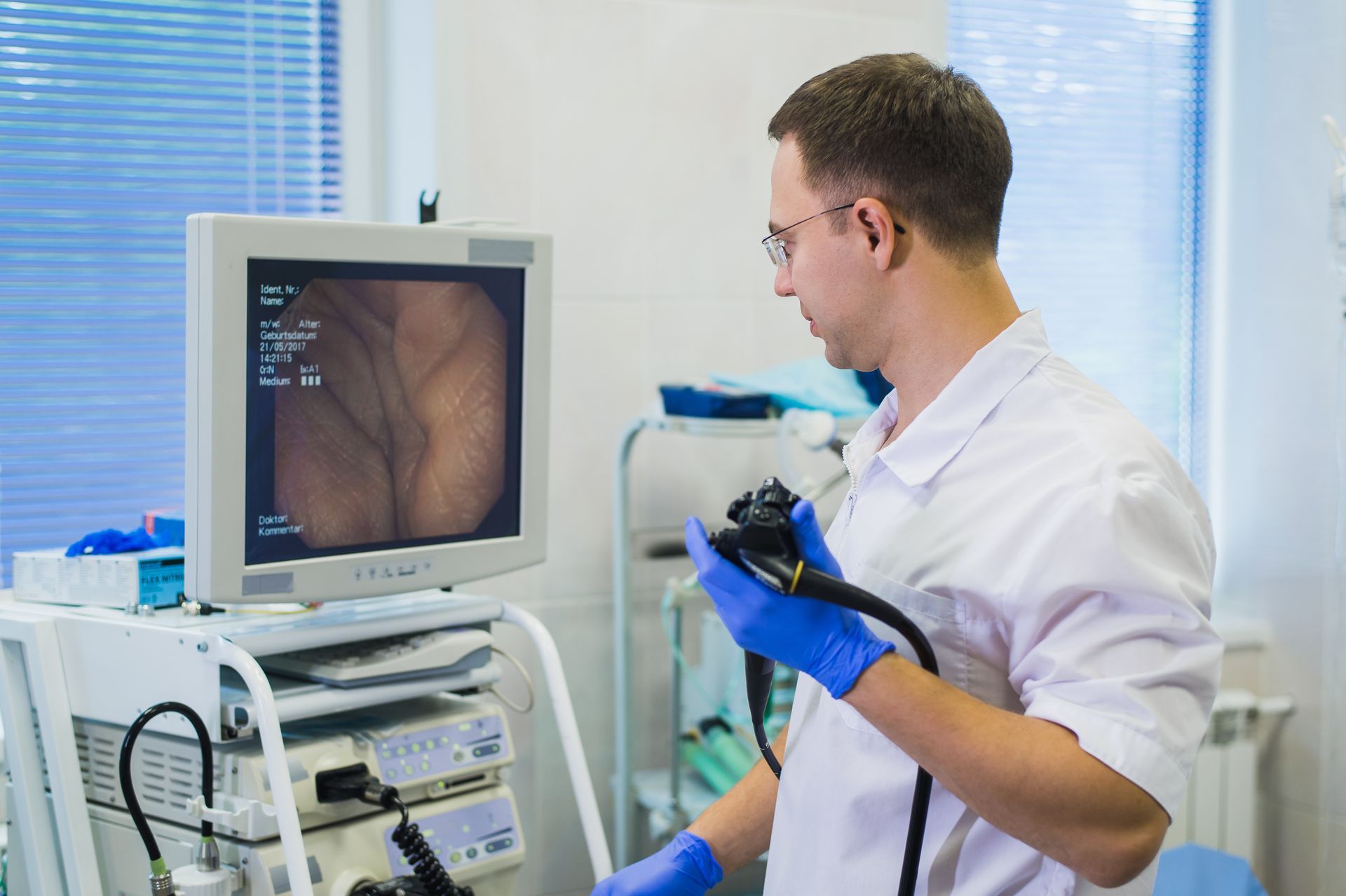Bacterial Gastroenteritis: Food Poisoning Causes & Treatments
Most adults have experienced a bout of food poisoning, or bacterial gastroenteritis, at some point in time and likely remember it as a somewhat harrowing experience. Symptoms are sudden and severe, arising with very little warning and quickly leaving sufferers feeling debilitated. They can begin hours after consumption of contaminated food or develop several days later. In any case, fever along with gastrointestinal problems such as vomiting, diarrhea, and abdominal cramps are likely to soon follow.
Understanding bacterial gastroenteritis, how it spreads, and how it is treated is critical to its prevention. As a consumer, the better educated you are regarding the risks of food poisoning, the less likely you will be to become one of its victims. Likewise, being able to recognize the signs and understand when medical help is needed is key to minimizing its potentially dangerous impact.
How Do You Get Food Poisoning?
Everyone is at risk of exposure to bacterial gastroenteritis or food poisoning. The most commonly responsible bacteria are salmonella, E. Coli, and staphylococcus, which can be found in foods we regularly consume like meat, eggs, dairy, and green leafy vegetables. While most of the bacteria that can be harmful to people is killed in the cooking process, undercooked, poorly prepared, or mishandled foods pose a considerable risk. Foods that are often consumed raw such as sushi and vegetables are also potential health threats if not handled and prepared properly.
Among the most common culprits behind the spread of food poisoning are lack of hand washing, undercooking, and improper food storage. Therefore, the best way to prevent infection is to ensure appropriate food safety measures to the best of your ability. When cooking food yourself, this means keeping your hands and preparation stations clean, washing produce with water, using meat thermometers, keeping stored food cool and sealed, and separating foods that are a risk for cross-contamination.
How to Treat Food Poisoning
In most cases, bacterial gastroenteritis subsides on its own and does not require medical intervention. Dehydration poses the greatest health threat during food poisoning, so the most important thing patients can do is ensure that they maintain adequate levels of water and sodium. Some steps to do so and help aid recovery include:
- Drink clear liquids throughout the day, particularly following bouts of diarrhea or vomiting.
- Eat small amounts frequently, and include salty foods.
- Focus on potassium with bananas or fruit juice.
Another good rule of thumb is to stick to the BRAT diet while recovering. This acronym can help you remember which foods are most easily digested and well-tolerated by your recovering stomach. It stands for:
- Bananas
- Rice
- Applesauce
- Toast
In addition to carefully monitoring your diet and water intake, you may find relief in certain over-the-counter medications. However, it is important to consult with your physician before taking any of these. You should also seek medical help in the event that you are unable to keep liquids down and are facing dehydration. In this scenario, you may need to be given fluids and salt intravenously.
When food poisoning strikes, it can be a miserable experience. Fortunately, with the right precautions, most cases resolve in a matter of days. However, if you are battling bacterial gastroenteritis and have concerns over the medicines you can take or possible dehydration, it is important to quickly seek the help of a medical professional.
At Digestive Diseases Center, our team of skilled gastroenterologists regularly address a wide range of gastrointestinal concerns, from infection to IBD and beyond. If you are experiencing GI complications and would like the assistance of a gastroenterology specialist, contact our office to request an appointment.
CONTACT
850-763-5409
ADDRESSES
4 LOCATIONS
204 E 19th Street, B, Panama City
12216 Panama City Beach Pkwy, D, Panama City Beach
4295 3rd Ave, Marianna
101 Good Morning St., 109B, Port St. Joe
Subscribe to our newsletter:
subscribe to our newsletter
We will get back to you as soon as possible.
Please try again later.



